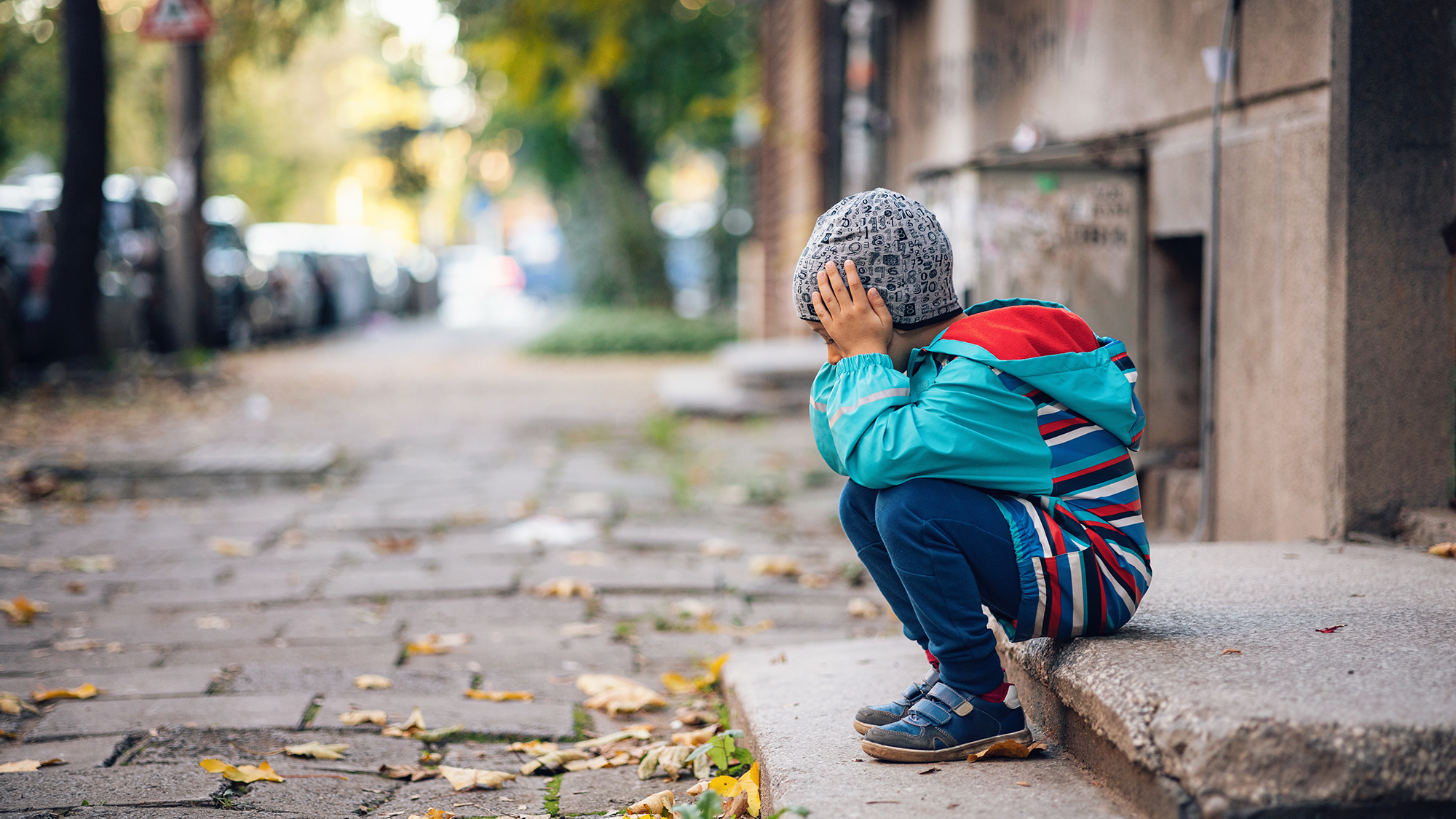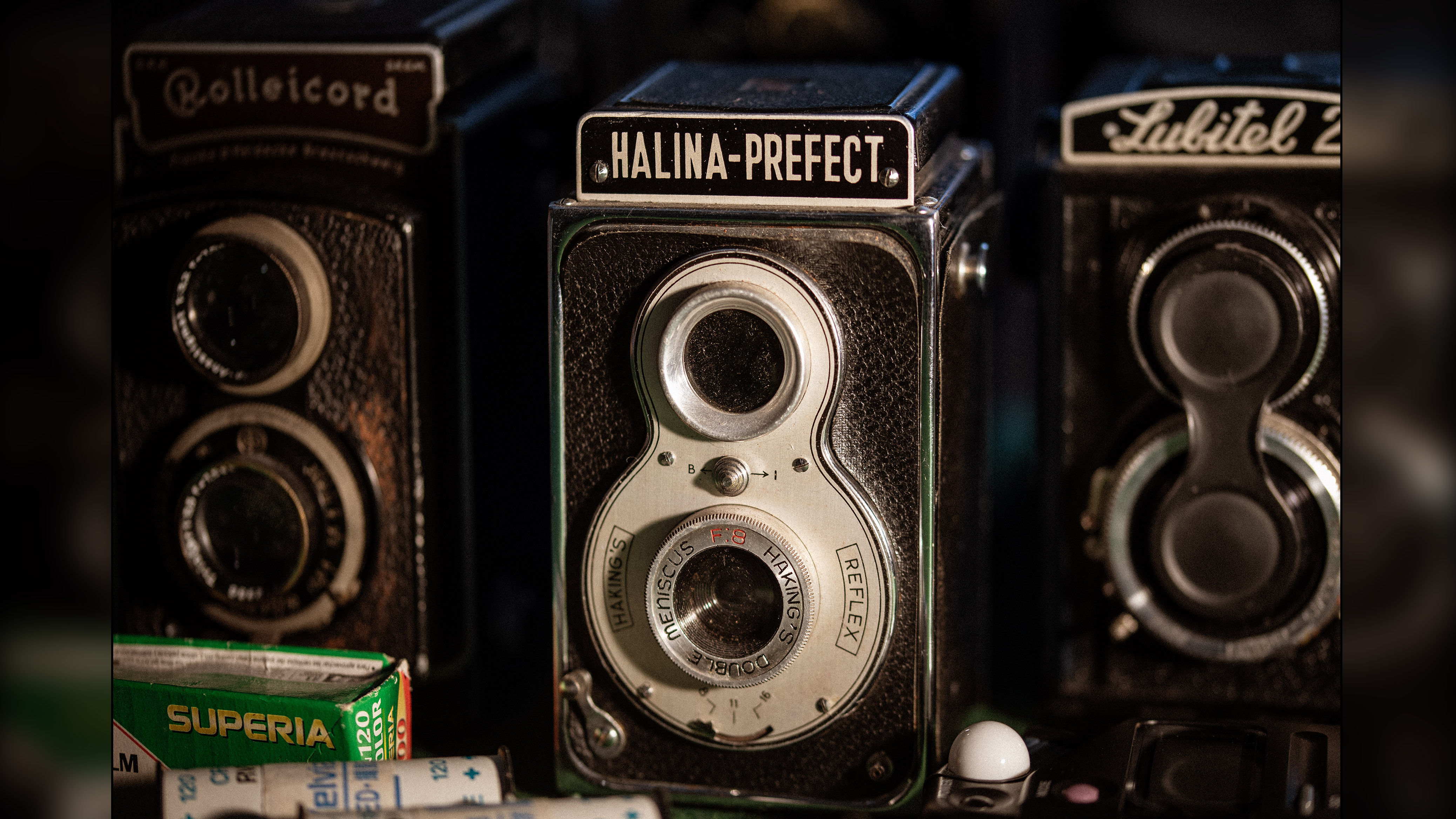Body cams used to research the effect of poverty on children in New Zealand
A new study has just been published in the New Zealand Medical Journey looking at the effects of poverty in children

The best camera deals, reviews, product advice, and unmissable photography news, direct to your inbox!
You are now subscribed
Your newsletter sign-up was successful
The University of Otago, New Zealand, has just published its findings from a study researching the effects of poverty on children. Over the course of four days, 168 children wore a body cam that took a photo of seven seconds. It documented things like their home environment, the food in their fridge and the access they have to educational tools.
This is the first time a body camera has ever been used to monitor the effects of child poverty and the results show that children living in more deprived households had less healthy food in their fridge, a lack of personal space, they often lived in crowded houses and were more likely to be subjected to violence and addiction.
• Read more: Best action cameras
Although the research was initially conducted in 2014 it has taken until now to analyze and publish the results in the New Zealand Medical Journal. Not only does this study give a better understanding of how poverty affects children but it's also led to researching the exposure children have to junk food and branding.
Louise Signal, director of the University of Otago's Health Promotion and Policy described the results as "shameful". She also commented on how there is no excuse for a country with the wealth of New Zealand to be letting down its children. Signal said, "we've always said we're a great country to grow up in, but only for some children."
New Zealand's Prime Minister Jacinda Ardern is dedicated to reducing child poverty and in 2017 she took on the role of mister for child poverty reduction in hopes of creating new legislations that make politicians accountable. According to Stats NZ, at the end of June 2021, 13.6% (or roughly 156,700) of children lived in families that earnt 50% less than the national median income.
Child poverty is still a massive issue in New Zealand and often affects Indigenous Māori and Pasifika children the most. There have been some improvements since the study was conducted in 2014 including better housing, benefits and the introduction of a cost of living payment to low-income earners but there is still a long way to go to eradicate it.
The best camera deals, reviews, product advice, and unmissable photography news, direct to your inbox!
Read more
Best body cameras
Best helmet cameras
Best home security cameras
Best spy cameras

Having studied Journalism and Public Relations at the University of the West of England Hannah developed a love for photography through a module on photojournalism. She specializes in Portrait, Fashion and lifestyle photography but has more recently branched out in the world of stylized product photography. Hannah spent three years working at Wex Photo Video as a Senior Sales Assistant, using her experience and knowledge of cameras to help people buy the equipment that is right for them. With eight years experience working with studio lighting, Hannah has run many successful workshops teaching people how to use different lighting setups.
